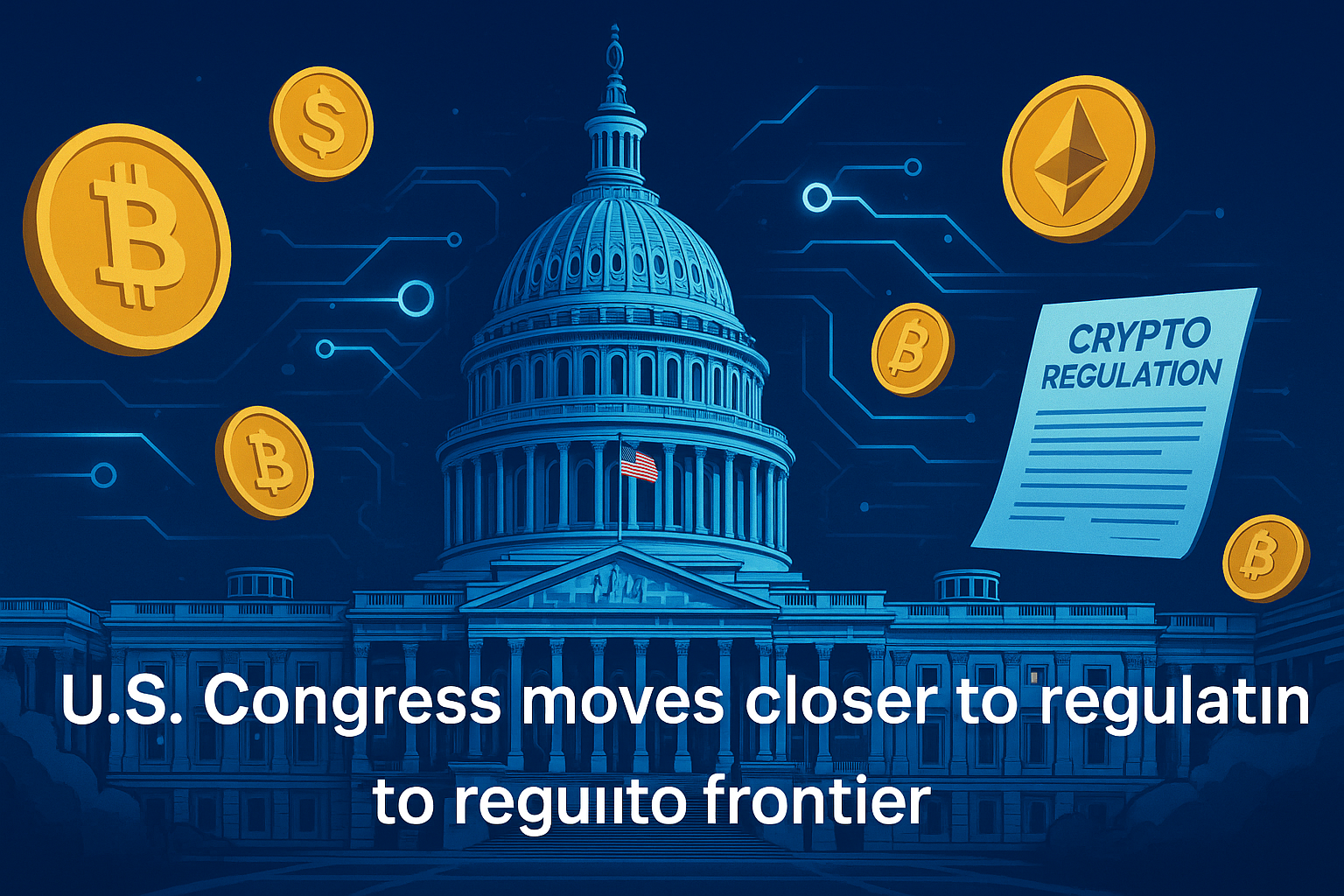As artificial intelligence (AI) becomes increasingly integrated into the hiring process, concerns about transparency, fairness, and bias have come to the forefront. New York City has taken a pioneering step by implementing regulations around the use of automated hiring tools, and now several other U.S. states are considering similar laws. These regulations are designed to ensure that AI is used responsibly in employment decisions, focusing on transparency and limiting AI-only determinations.
NYC’s Automated Hiring Regulations: A Model for Others?
In 2023, New York City introduced Local Law 144, which requires companies using AI in hiring to meet specific transparency standards. Employers must notify candidates when automated tools are used to evaluate them, and they must conduct regular bias audits on these systems to ensure fairness. The goal is to limit the possibility of biased algorithms unfairly disadvantaging certain applicants based on factors like race, gender, or age.
The law also addresses the growing reliance on AI for decision-making. While AI can process vast amounts of data quickly, there are concerns that it may overlook nuanced human factors or perpetuate historical biases embedded in data. NYC’s regulations are aimed at ensuring that human oversight remains a key part of the hiring process, particularly when it comes to final decisions.
Expanding AI Regulations Across the U.S.
Following NYC’s lead, states such as California, Illinois, and Massachusetts are now exploring similar legislative efforts. These proposed laws focus on increasing transparency in the use of AI in employment decisions and limiting the power of algorithms to make hiring decisions without human intervention.
In California, for instance, legislators are working on a bill that would require companies to provide candidates with detailed explanations of how AI algorithms evaluate them and ensure that automated systems are regularly audited for fairness. Additionally, Illinois is considering amendments to its existing Artificial Intelligence Video Interview Act, which requires employers to inform candidates if AI will be used to analyze their video interviews. The proposed changes would expand the scope of the law to cover other AI tools used in the hiring process.
Why Transparency Matters in AI Hiring
One of the main concerns about AI-driven hiring systems is the lack of transparency. Candidates often don’t know how their data is being used or what factors are being considered in the evaluation process. This can lead to feelings of distrust, particularly if applicants feel that they are being unfairly rejected without knowing why.
AI algorithms are typically based on historical data, which can include biases—intentional or not—against certain groups of people. Without transparency, there is no way for candidates or employers to ensure that these biases are being addressed. Regulations like those in NYC and the laws being proposed in other states aim to shed light on how these algorithms operate, giving candidates more insight into the hiring process.
By requiring regular audits and public reporting, these laws aim to minimize the potential for AI tools to reinforce existing inequalities. The ultimate goal is to create a more equitable and transparent hiring process that harnesses the benefits of AI without sacrificing fairness.
Limiting AI-Only Decisions: The Human Element in Hiring
Another crucial aspect of the proposed regulations is the limitation on AI-only hiring decisions. While AI can be a powerful tool for streamlining certain aspects of the hiring process, such as screening resumes or scheduling interviews, many experts argue that final hiring decisions should still involve human judgment.
AI systems can struggle to account for intangible human qualities, such as creativity, emotional intelligence, and cultural fit. Additionally, because these systems are trained on historical data, they may fail to recognize potential in candidates who don’t fit the conventional mold. By requiring human oversight, regulations can help ensure that candidates are evaluated holistically, rather than solely based on algorithmic criteria.
What These Regulations Mean for Employers
For employers, these new regulations could mean rethinking how AI is used in their hiring processes. Companies will need to ensure that their AI tools are compliant with the new laws, which could involve more frequent audits, updates to software, and greater transparency with candidates. While these changes may require some initial adjustments, they also present an opportunity for companies to improve their hiring processes by making them more inclusive and transparent.
Adapting to these new regulations will also involve increased collaboration between human resources, legal teams, and AI developers. Employers will need to strike a balance between leveraging the efficiency of AI tools and maintaining the human oversight necessary to ensure fairness and compliance with new laws.
Looking Ahead: The Future of AI in Employment
As AI continues to reshape the hiring landscape, the regulatory environment will likely evolve as well. Laws like those in NYC are just the beginning, and we can expect more states to follow suit in the coming years. This will drive employers to be more transparent about their use of AI, ensuring that the benefits of these tools are harnessed while safeguarding against their potential downsides.
The push for AI regulations in employment reflects broader societal concerns about the role of technology in the workplace. As AI becomes more embedded in daily operations, it’s crucial to develop frameworks that prioritize fairness, transparency, and accountability. These efforts will help ensure that AI remains a tool for innovation, rather than a source of discrimination.
In conclusion, AI regulation in employment is an important step toward creating a more equitable job market. With more states considering laws similar to NYC’s automated hiring regulations, the future of AI in hiring will likely be shaped by a blend of transparency, accountability, and human oversight. This balance will be critical in ensuring that AI fulfills its promise as a tool for progress while protecting the rights of all job applicants.



